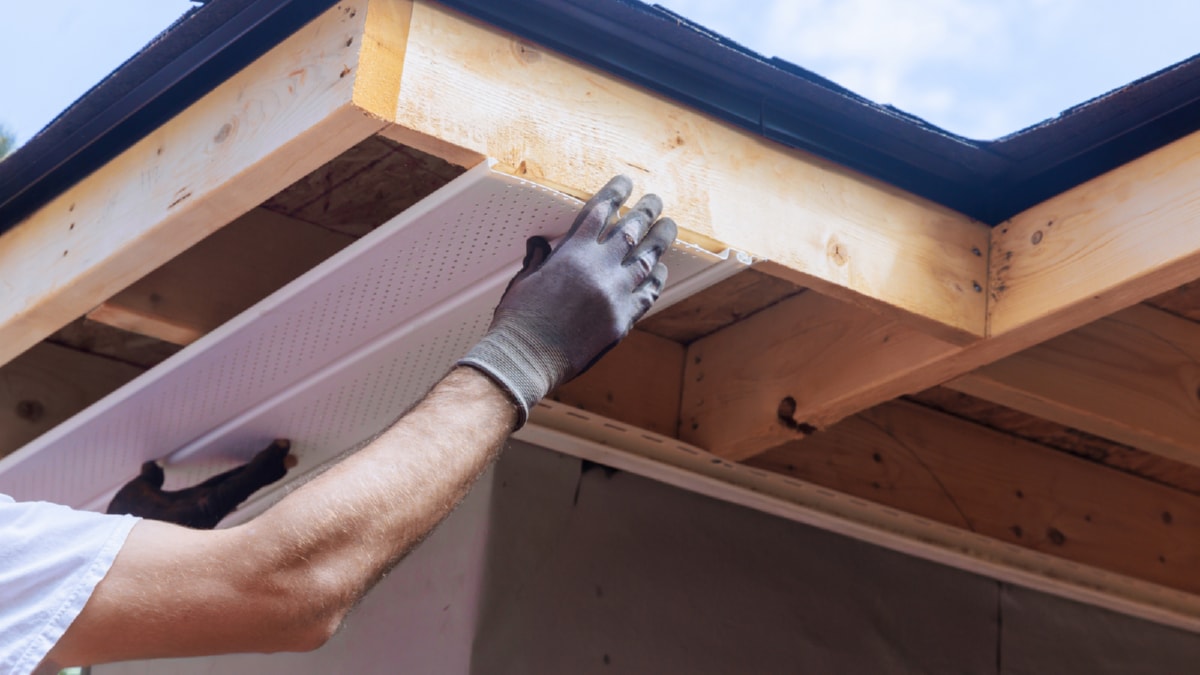Embracing technological advancements in the construction sector is not just a trend, but a requisite for staying competitive. The traditional methods of construction are fast being replaced by more efficient, cost-effective, and safer alternatives made possible by technology. Here are some ways to leverage technology for better construction management.
Using Building Information Modeling (BIM) is one of the most significant tech trends in the construction industry. BIM is a 3D model-based process that gives construction professionals a comprehensive view of a building project, facilitating better decision-making during the entire project lifecycle. From project visualization to cost estimation and time management, BIM offers immense benefits. By adopting BIM, construction firms can improve project outcomes.
Drones, often known as Unmanned Aerial Vehicles (UAVs), are another technological advancement that’s revolutionizing the construction industry. These high-tech devices offer a bird’s-eye view of construction sites, which can be used for site inspections. Drones can quickly and safely survey large and inaccessible areas, reducing the risk of accidents and increasing efficiency.
Mobile technology is another indispensable tool in the modern construction industry. From project management software that can be accessed on smartphones and tablets, to apps specifically designed for tasks such as blueprint management, time tracking, and communication, mobile technology is enhancing productivity in construction.
Moving towards green construction is not just good for the environment, but also for the bottom line. The construction industry plays a significant role in resource consumption and waste generation, making it a prime sector for implementing sustainable practices.
Green construction, or sustainable building, refers to the practice of creating structures and using processes that are environmentally responsible and resource-efficient. This can include everything from utilizing renewable energy sources, to minimizing waste and reducing emissions. Sustainable construction not only reduces the environmental impact but also results in healthier and more productive environments for people.
Moreover, green buildings affordable often result in substantial savings in terms of energy and water usage, which can significantly reduce operating costs over the building’s lifecycle. The importance of sustainable practices in the construction industry cannot be overstated. By adopting these practices, construction firms can enhance their reputation, meet growing customer demand for green buildings, and contribute to environmental sustainability.
In conclusion, the important construction industry is undergoing a significant transformation due to technological advancements. From BIM to drones, mobile technology, and sustainable practices, these trends are not only improving efficiency and safety but also contributing to environmental sustainability. By embracing these technologies, construction firms can stay competitive, enhance their operations, and meet the demands of the modern world.
.
For more details, check best interlocking services Toronto or visit their business listing here.



